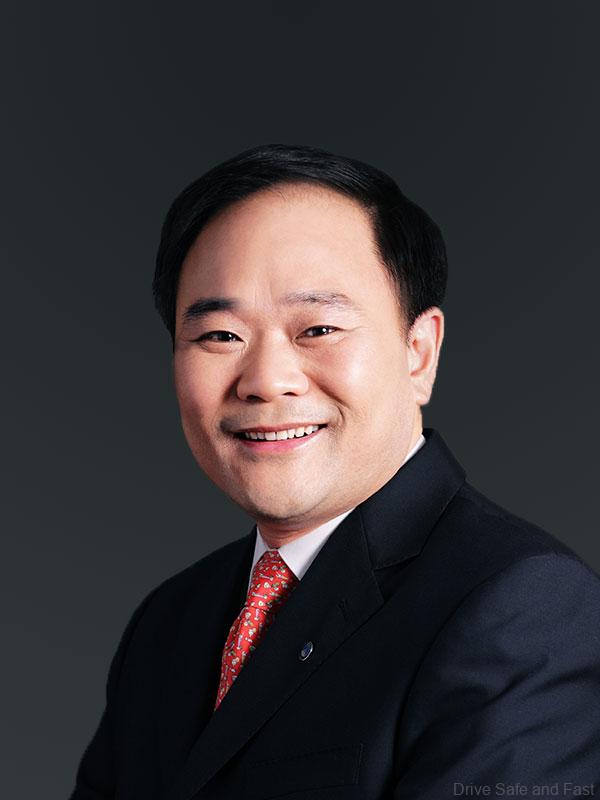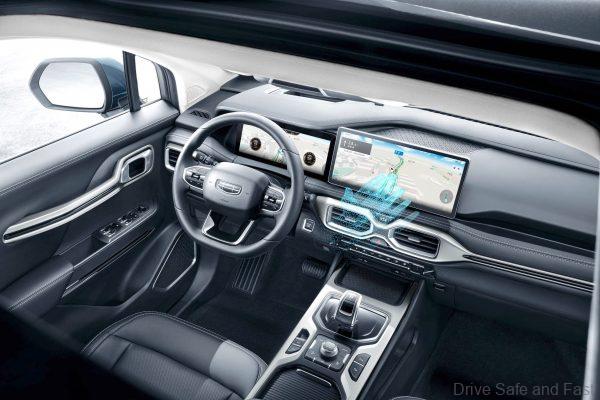Geely have their fingers in every pie with this latest strategic investment in Meizu.
When it comes to diversification, few car brands have taken things quite as far as Geely. Through the company’s various acquisitions, they’ve now got a foot in everything from flying cars to London cabs. Now their Chairman Li Shufu has just made a new investment in the ailing smartphone brand Meizu.

Li’s Hubei Xingji Shidai Technology Co Ltd (Xingji Technology) is a mobile device company and it now owns 79.09% of the Chinese phone brand Meizu. Meizu’s founder Huang Zhang will hold 9.79% in equity and will remain as a strategic consultant at the firm. It was also shared that the senior management teams would not be affected by the company’s change of hands. There will be a new Chairman at Meizu, and it’s Shen Ziyu, who currently sits as Vice Chairman of Xingji Technology.

Xingji Technology hopes to build on Meizu’s experience in writing operating systems for mobile phones, as well as from the company’s experience in the smartphone business in general. It is currently developing a portfolio of next-gen smartphones itself and wearables too.

It was also mentioned that smartphone and smart car industries will eventually be integrated, allowing for ecological chains to be created and strengthened through deep collaboration. As with most things Geely, there seems to be a long term vision for how all of this will pan out. We suppose Li Shufu looks at Meizu as a way for the Chinese market to have its very own version of Android and iOS. Huawei already tried their hand at this with HarmonyOS but did not get very far. Maybe Meizu have the secret formula. Maybe the close collaboration with Geely will be the silver bullet that gets things moving forward. After all, how many tech brands own car brands and vice versa?

I think it’s also clear that Geely are starting to see the limitations of working with the current status quo. In all cars, it’s always Apple and Google who end up taking big licensing fees for their Apple CarPlay and Android Auto services. And these are usually the services that customers want the most. Maybe putting this will shake things up, at least in China.



